Silent Clues: 10 Car Noises You Shouldn't Ignore for Your Own Safety

Is your car making weird noises when you hit the gas, step on the brakes, or even when it's just parked in your driveway? While modern cars are generally quieter than older models, there are still instances of squeaks, rattles, and hums that are part of the driving experience.
Sometimes, you might notice an odd sound coming from under the hood, the tires, or some mysterious spot that's hard to pinpoint. When that happens, don't just crank up the music or brush it off, hoping it'll magically disappear. Instead, it's important to take notice! Don't overlook those ignored car sounds that could be indicative of underlying issues.
1. knocking, popping, or banging sounds
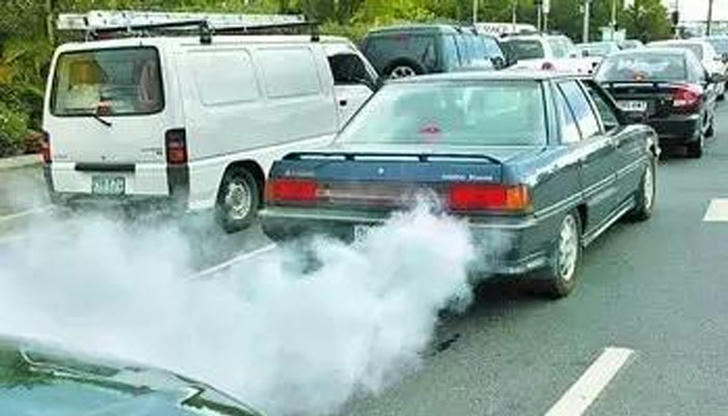
If your car's engine is making knocking sounds, it's time to pay attention. One common reason for engine knocking is using the wrong type of gasoline, like putting low-octane fuel in a car that needs high-octane fuel. This mismatch can mess up your vehicle's performance.
When you hear a popping noise from your car's engine, it could be a sign of various issues. Worn or dirty spark plugs, a clogged fuel filter, a dirty air filter, or faulty ignition wires might be the culprits. It could also point to a problem with the distributor cap or rotor. Additionally, a dirty mass air flow sensor or oxygen sensor, or a malfunctioning catalytic converter, could be causing the noise.
2. Squealing
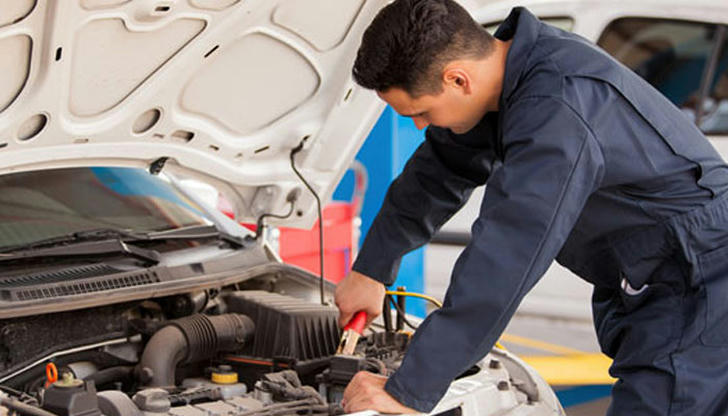
If you notice your car making squealing or chirping sounds when you accelerate, it's time to take notice. These noises could be a sign of a loose or slipping engine belt, or there might be an issue with the water pump.
When you hear squealing coming from the wheels while applying the brakes, it's a cause for concern. It could indicate serious problems with the brake rotors, brake pads, or brake shoes.
And if you experience squealing when turning to park your car, it might be related to an alignment issue.
3. Clicking or Tapping
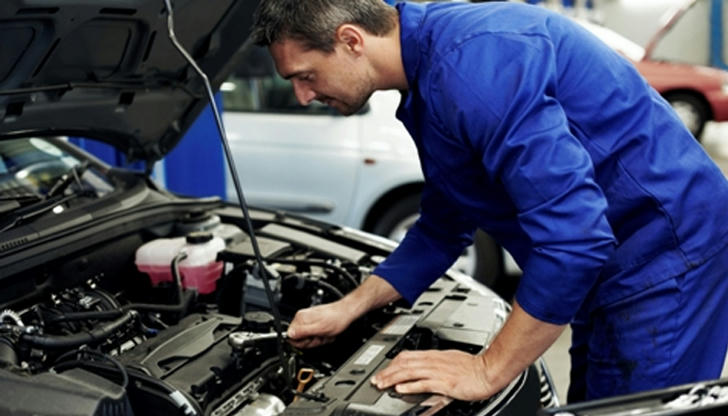
These sounds can indicate specific issues that require your attention. For example, when you're turning, clicking noises could point to problems with the CV joints. These joints, located on the inner and outer ends of the axles, play a crucial role in transferring power to the wheels while allowing them to move freely. Similarly, failing universal joints on the drive shaft can also cause clicking sounds.
Another situation to be aware of is when your car makes noise during acceleration and you hear a clicking or ticking sound that speeds up with higher RPMs. In this case, the source of the noise is likely the engine. It's important to note that such clicking or ticking sounds can be a warning sign that your engine is running low on oil or that there's an issue with the oil pressure or valves.
4. Whirring or Whining
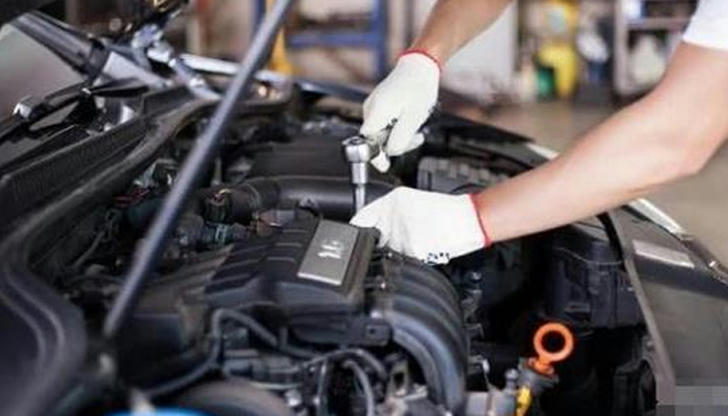
In some cases, a whirring sound could be attributed to mismatched, worn, or oversized tires. For instance, a failing water pump, a problematic power steering pump, a low power steering fluid, or a faulty alternator could be the culprits behind these noises. Even issues with the air-conditioning system or tensioner pulleys can contribute to a humming noise when you accelerate or decelerate.
It's also worth considering that a whining noise in your car might signify wear or problems within the transmission or differential gear train.
5. Hissing
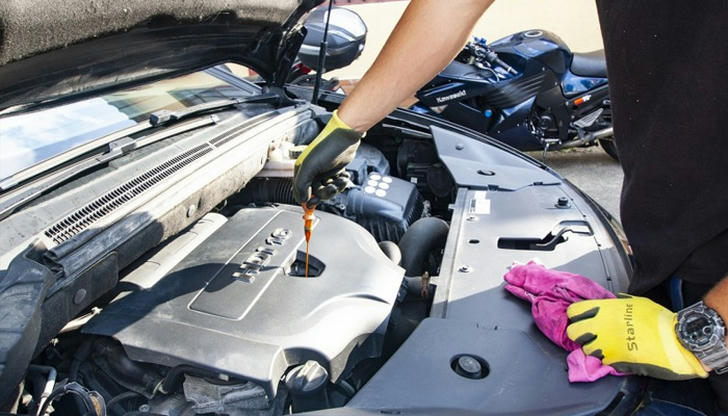
When you shut off the car and notice a hissing sound, it often signifies that oil or coolant is dripping onto the exhaust manifold or another heated part of the engine.
On the other hand, a high-pitched hissing sound while the car is running usually suggests a leak in a vacuum line, hose, or fitting. This type of hissing noise can be accompanied by a rough idle, which occurs when the engine runs at its lowest RPM, such as when you're stopped at a traffic light or parked in a driveway.
6. Grinding or Humming
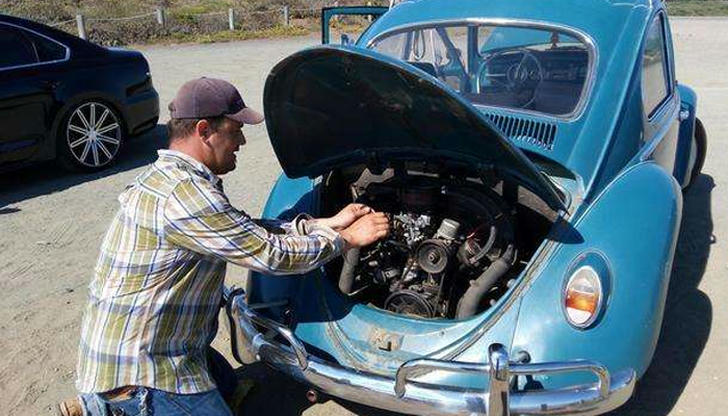
It's likely that the clutch, transmission, or synchronizers are causing the problem if you experience gears grinding while shifting a manual transmission. When you apply the brakes and hear a grinding noise, it's usually a sign that new brake pads, and possibly rotors, are needed. On the other hand, a low-pitched humming sound coming from under the car could indicate issues with the transmission, worn universal joints, a faulty wheel bearing, or a worn differential.
When you hear a car humming noise from the tires, it typically suggests uneven wear or damage. However, if you hear a grind from a wheel even when the brakes are not applied, it's a clear indication of a failing wheel bearing.
7. Rattling
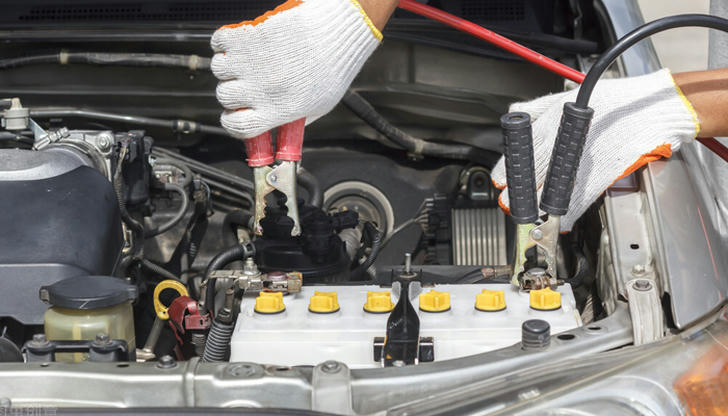
Unless you're newly married and have a quirky tradition with cans tied to your bumper, rattles in your car are usually a sign of trouble. They can indicate failing equipment, body damage, or loose and missing bolts that need attention.
When you hear a rattle coming from under the car, it's often related to issues with the exhaust system. It could be a loose or damaged heat shield, a corroded exhaust pipe, or bolts that have come loose on the muffler or exhaust pipe. Additionally, a problem with the catalytic converter could also be a possible cause of the rattle.
8. A Loud Exhaust

Engines are like noisy powerhouses. They create thousands of mini explosions every single minute. Thankfully, the exhaust system comes to the rescue by directing all that excessive noise through pipes and, ultimately, a muffler that's designed to hush it down while allowing the exhaust to escape. However, when there's a break anywhere in the exhaust system between the engine and the muffler, things get really loud and can become unbearable for everyday driving.
Imagine a low rumbling noise that accompanies your acceleration at low speeds, or a deafening drone that persists when you're cruising on the highway. That's what happens when your exhaust system is broken. Not only does it make your car sound obnoxious, but it can also affect emissions control and performance, which is definitely not good news.
9. Ticking

If you're noticing a subtle ticking sound coming from under the hood and your car is not running as smoothly as it should, there's a possibility that you're facing ignition issues. Modern cars have an ignition system that includes coil packs, spark plug wires, and spark plugs.
When a coil pack is cracked or the spark plug wires are worn out, electrical voltage might escape from these components and jump to the engine block or another grounded object. This can lead to problems like sputtering, hesitation, or poor gas mileage. Interestingly, the ticking may occur only at specific RPMs, and you might be surprised to know that it can even disappear depending on the temperature under the hood.’
10. Clunking

A vehicle's suspension system is like its own personal shock absorber, working hard to give you a smooth ride even on bumpy roads. It's made up of various components, including these things called ball joints located at each front wheel. These ball joints are pretty amazing because they provide incredible flexibility, allowing the suspension to adapt to all kinds of obstacles like potholes, speed bumps, and uneven terrain. They pivot and twist to absorb the impact and keep your ride as comfortable as possible.
However, as with any part, ball joints can wear out over time. When they start to fail, you'll notice some not-so-pleasant signs while driving. You might hear clunking or thumping noises, especially when going over small bumps or even ones that you barely notice. It's like your car is trying to tell you that something is not quite right with the ball joints.

